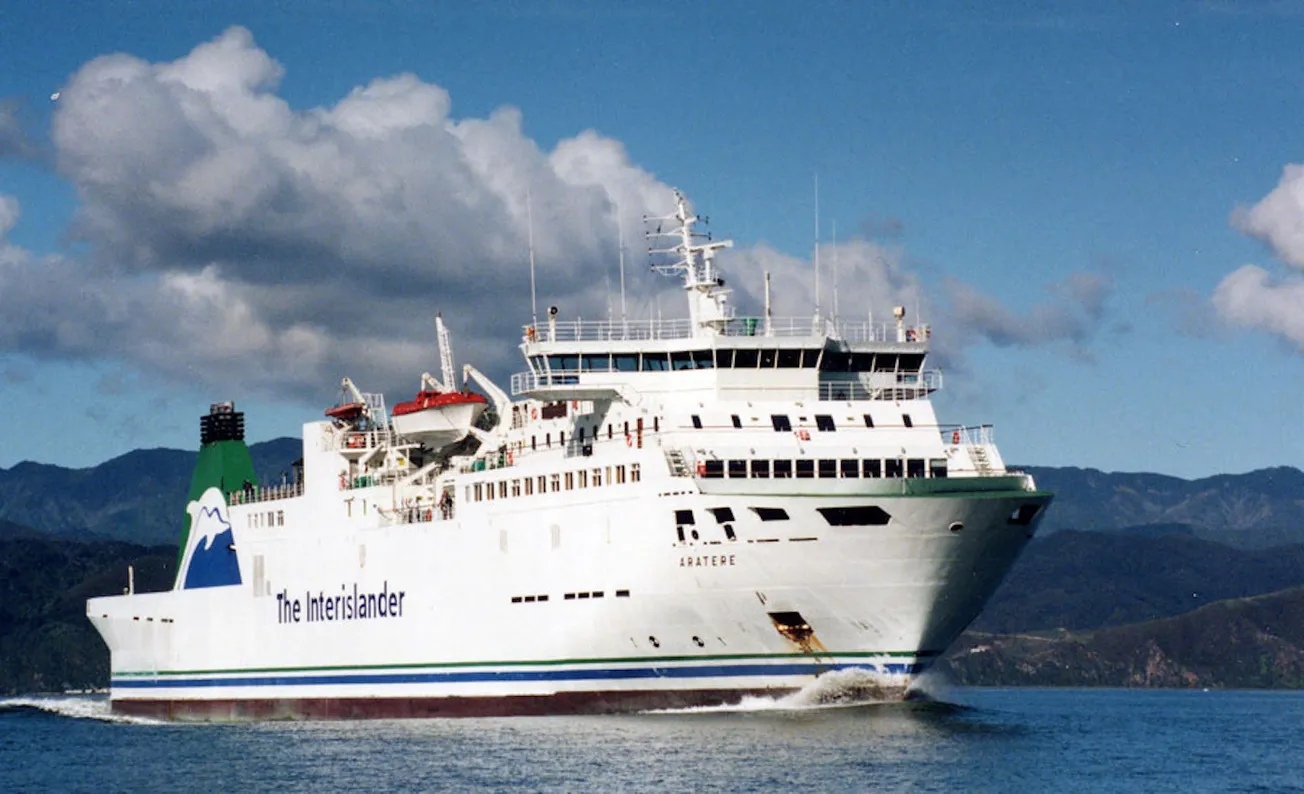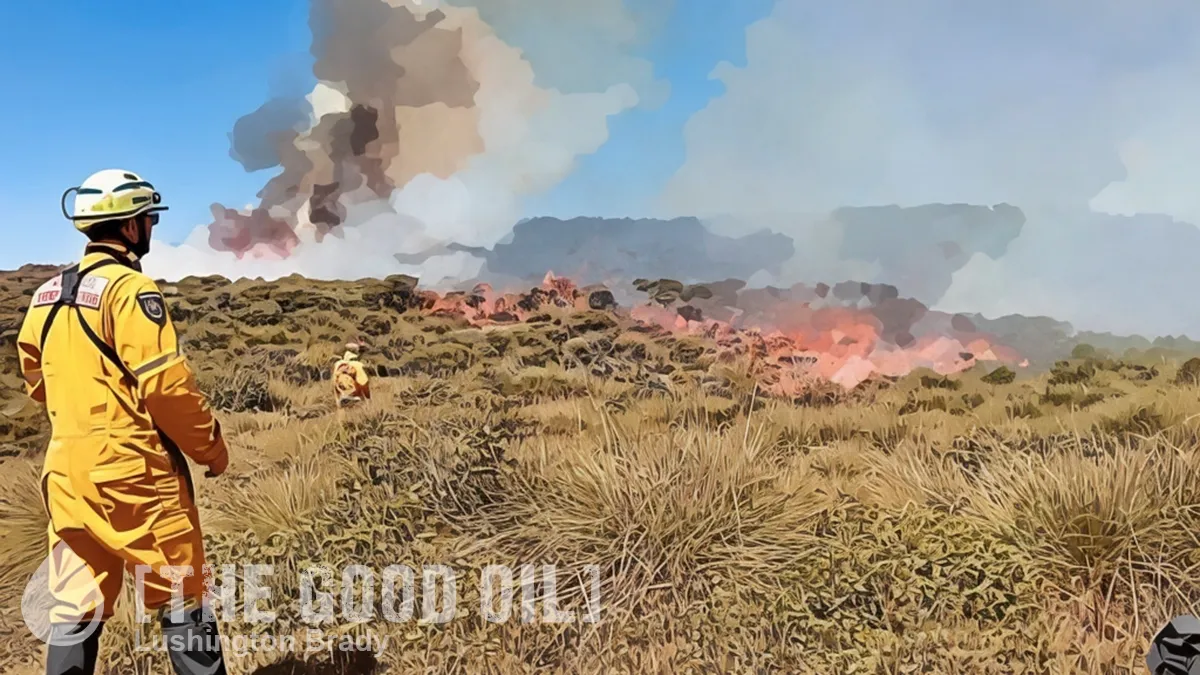Table of Contents
Stuart Smith
National MP
Kaikoura
The spectacular demise of past UK Prime Minister Liz Truss is symptomatic of the instability in the UK and Europe.
There has been a notable swing to the right in recent European elections, with the mainstream media apoplectic that right-leaning Giorgia Meloni and her Brothers of Italy won their recent election. Italians have grown tired of interference from unelected officials in Brussels, however, and voted for the Italy-first stance that Meloni and the Brothers of Italy campaigned on.
There are always many factors involved in political shifts, but Italy is not known for its political stability, with frequent elections resulting in a stalemate thereby creating the environment for Brussels to impose its influence.
What has really brought this political upheaval to a head across Europe, however, is the energy crisis, driven by a belief that they could be energy independent using only wind and solar generation and decarbonising their economies. Unfortunately, their ambition was well ahead of practical reality, and they consequently became overly dependent on Russian gas and the good will of Vladimir Putin. Putin is not the source of their energy woes; he merely accelerated their energy crisis.
Europe is in a difficult position. Having failed to achieve their aspirations to become energy independent, they must import their energy needs and are at the mercy of the markets. Gas is in short supply and prices are high, and likely to go higher still. Demand for coal is also high and despite many countries promising to phase it out, more coal fired power stations are being built, particularly in China and India, with some other European countries bringing old coal plants back to life.
For too long the world has taken cheap and reliable energy for granted, but there is a close relationship between GDP, energy and life expectancy; something we should not forget. Wind and solar will of course play an important role in the energy sector but it will not be the nirvana that many claim.
We are fortunate in New Zealand that we are not exposed to the international market for gas; there is no gas pipeline from Australia. However, that brings its own challenges as the gas industry here in New Zealand is dependent on local demand to remain viable.
Despite the claims from environmentalists, we are far more dependent on gas than many realise: many homes are reliant on gas and many industries are underpinned by gas, most often with no economically viable alternative.
We could make more of the opportunity that our local gas industry offers us by utilising the methanol produced by Methanex to lower our local shipping industry’s emissions. Methanol is a much cleaner burning fuel than diesel and has lower CO2 emissions as well; that is why shipping giant Maersk has just ordered six new ships that will run on methanol. I was therefore surprised to learn that Interislander are not planning to use methanol to fuel their new ferries.
When I asked them why, they said that there is no local infrastructure, but in fact methanol can be stored in conventional fuel tanks, and what little infrastructure would be needed would not be very expensive.
When Interislander are building new ferries, one would think that, at the very least, it would be prudent to ensure they can run on both diesel and methanol.
The Government talks such a big game on climate, but when it comes to sensible action they are sadly lacking. I plan to continue to engage with Interislander on this issue. Watch this space.









